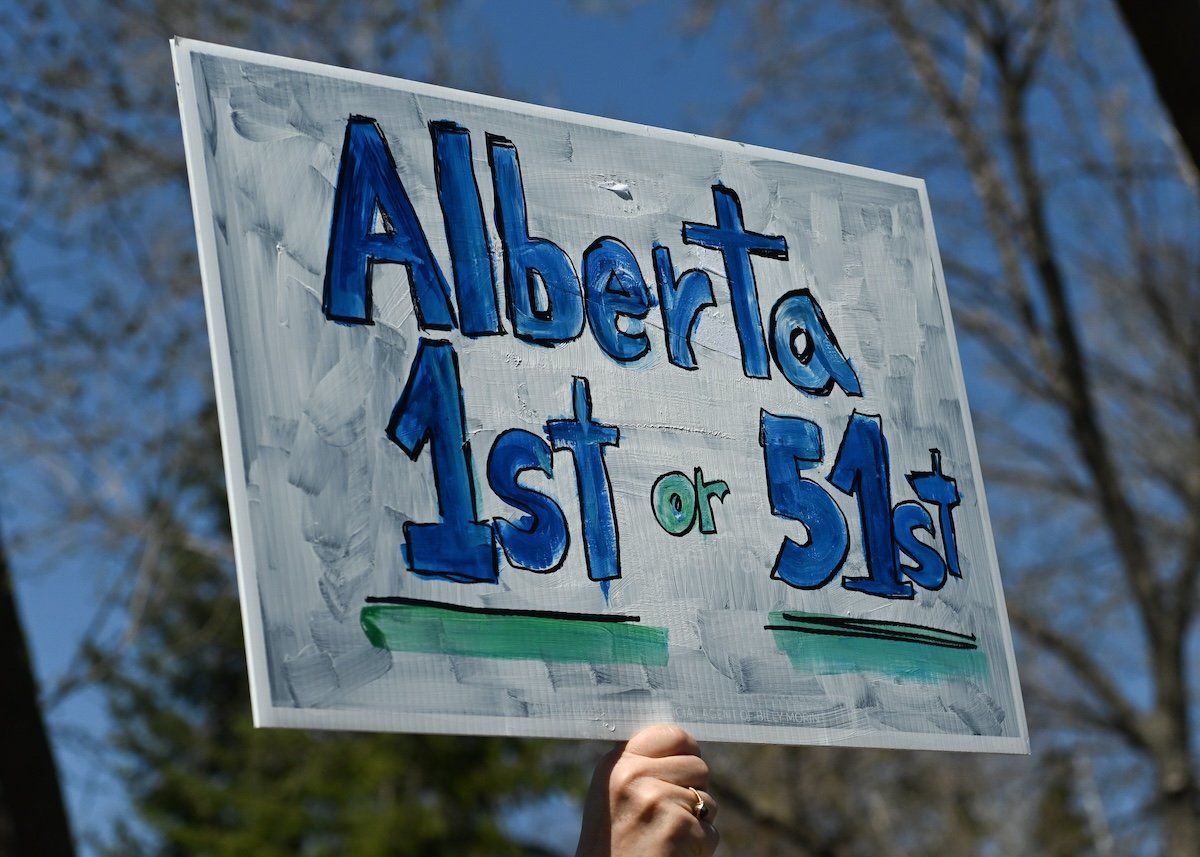Alberta’s separatists revealed on Monday the question they hope to put to Albertans in a referendum: “Do you agree that the province shall become a sovereign country and cease to be a province of Canada?”
If a majority of Albertans were to vote yes, the rest of the country would be obliged to negotiate the terms of departure. But the chances of that are slim, as polls show a majority of Albertans oppose secession, and opinion would have to shift decisively to get separatists over the hump.
Separatists insist opinion would shift their way during a campaign, but some Albertacommentators don’t think that will happen. The movement lacks a credible champion, and opponents can point out that uncertainty will discourage investment.
Still, even if support for secession is low, the prospect of a divisive debate on the subject looks like it will cause a headache for both Prime Minister Mark Carney and Alberta Premier Danielle Smith.
Smith appears not to have much choice. Most Albertans do not want independence, but many are angry with the nationally-governing Liberals, and the angriest are members of her party. If she doesn’t allow a referendum, she might lose support to a party that does.
She may hope the threat of secession will strengthen her hand in winning concessions from Carney. On June 2, all the premiers are to meet with him in Saskatchewan, where separatist sentiment is also brewing. Smith has given the prime minister a list of demands, mostly related to environmental rules for the oil industry. If Carney wants to calm the waters, he is likely to agree to something from that list — perhaps easing an emissions cap, for instance — risking his environmental credentials to gain a measure of political peace.
